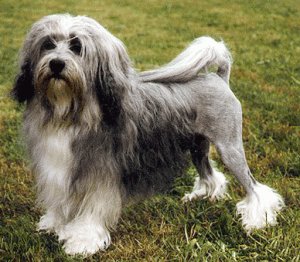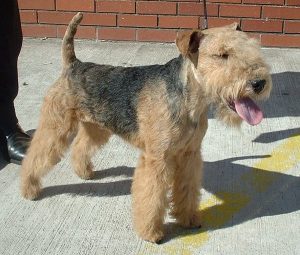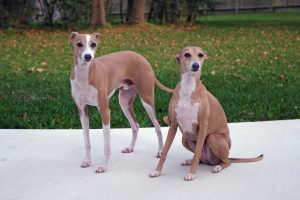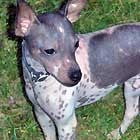English Bulldog
English Bulldogs for Adoption in Alabama Await You
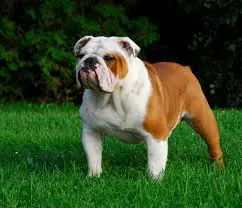
-
Breed Group : Non-Sporting
-
Origin : England
-
Average Height : 12" - 15"
-
Average Weight : 40 - 50 lbs.
-
Life Span : 8 - 12 years
Photo Courtesy of : Southern California Bulldog Rescue
-
Size
1 2 3 4 5 6 7 8 9 10 -
Energy
1 2 3 4 5 6 7 8 9 10 -
Intelligence
1 2 3 4 5 6 7 8 9 10 -
Ease of Training
1 2 3 4 5 6 7 8 9 10 -
Hypo-Allergenic
1 2 3 4 5 6 7 8 9 10 -
Shedding
1 2 3 4 5 6 7 8 9 10 -
Good with Kids
1 2 3 4 5 6 7 8 9 10 -
Good with Other Pets
1 2 3 4 5 6 7 8 9 10 -
Guard Dog
1 2 3 4 5 6 7 8 9 10




